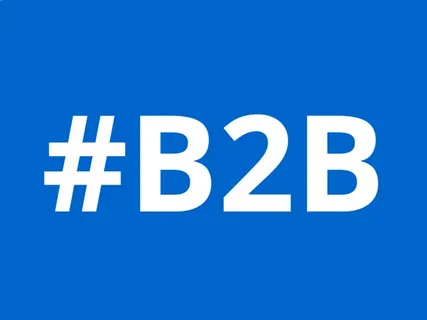In today’s competitive business landscape, referrals are more than just a way to get new clients—they’re a powerful strategy for building trust and credibility. For B2B companies, generating high-quality referrals can significantly impact revenue growth and long-term partnerships. This guide will provide actionable strategies to help you master the art of b2b referrals.
Why B2B Referrals Matter
Referrals are not just leads—they are warm introductions. A high-quality referral often comes with built-in trust, which drastically reduces the sales cycle. B2B buyers are more likely to engage with businesses that come recommended by someone they trust, making referrals an essential component of any growth strategy.
Some key benefits of B2B referrals include:
- Higher conversion rates: Referred prospects are more likely to become paying clients.
- Lower acquisition costs: Less money spent on cold outreach or advertising.
- Stronger client relationships: Referrals often come from satisfied clients, strengthening loyalty.
Building a Referral-Friendly Culture
Creating a culture that encourages referrals is the foundation of long-term success. Here’s how to do it:
1. Deliver Exceptional Service
Clients who are impressed with your product or service are naturally more willing to refer you. Consistently exceeding expectations creates advocates who actively promote your business.
2. Make It Easy to Refer
Simplify the referral process. Provide clients and partners with tools such as referral forms, email templates, or a dedicated referral portal. The easier it is, the more likely they are to participate.
3. Incentivize and Reward
Offer meaningful incentives for referrals. This could be discounts, exclusive content, or other perks that resonate with your clients or partners. A well-designed rewards program keeps referrals flowing consistently.
Strategies for Generating High-Quality B2B Referrals
Now that you’ve built a referral-friendly culture, it’s time to implement specific strategies:
1. Leverage Your Existing Network
Reach out to satisfied clients, partners, and industry contacts. Personalized outreach asking for referrals often yields better results than generic requests.
2. Partner With Complementary Businesses
Identify companies that serve a similar target audience but are not direct competitors. Strategic partnerships can lead to a consistent stream of high-quality referrals.
3. Create Shareable Content
High-value content such as whitepapers, case studies, or webinars can position your business as a thought leader. When shared by others, this content can generate warm, referral-ready leads.
4. Track and Optimize Your Referral Program
Use analytics to monitor the performance of your referral initiatives. Identify which strategies bring the highest-quality leads and adjust your approach accordingly.
Measuring Success
To ensure your referral program is effective, track key metrics such as:
- Number of referrals received
- Conversion rate of referred leads
- Revenue generated from referrals
- Client satisfaction and retention
These metrics provide insight into the quality and impact of your referral efforts, allowing you to refine your strategy continuously.
Conclusion
Generating high-quality B2B referrals is a combination of excellent service, a referral-friendly culture, and strategic outreach. By following the actionable strategies outlined in this guide, businesses can cultivate loyal advocates, increase revenue, and foster long-term partnerships.

